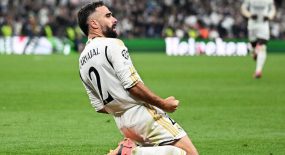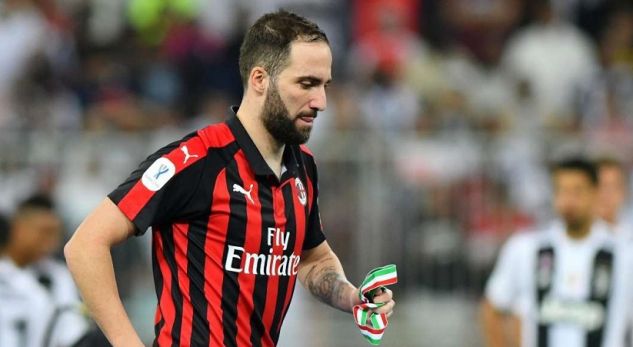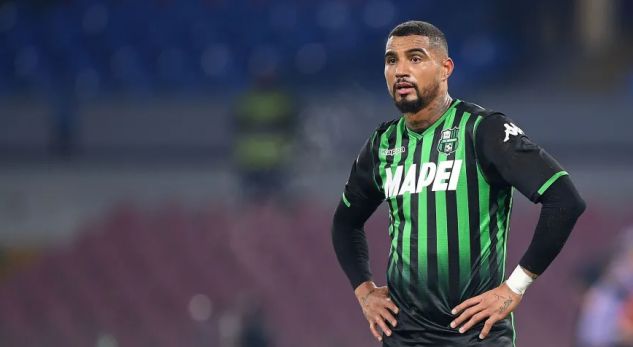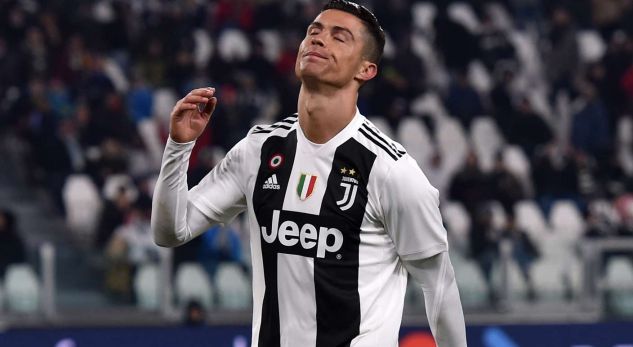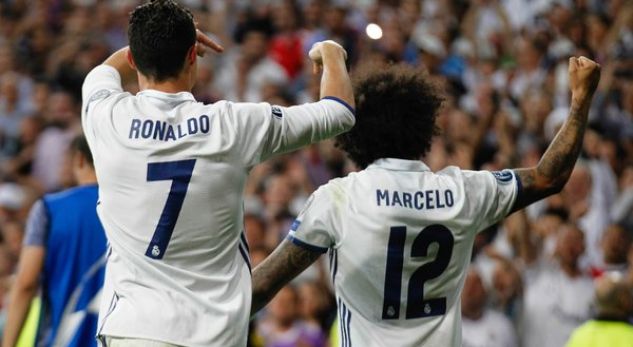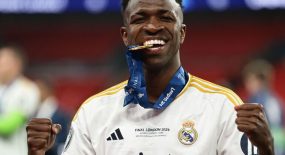Gonzalo Higuain is very close to leaving Milan, but Rossoneri fans should not worry, at least if they look at statistics.
The 2-0 victory over Genoa on Monday implies that Milan now has five consecutive non-defeats in the absence of Argentine striker.
Higuain was not called by Gennaro Gattuso for the trip to Genoa, among the speculations that the Argentine is near the transfer to Chelsea.
Fabio Borini and Suso scored the goals of the victory, recording another victory without the presence of Argentineans.
Milan have won five, has equalized two and has not lost any match without the 31-year-old this season.
Moreover, during this time the Rossoneri have scored 10 goals, so on average two goals per game.



